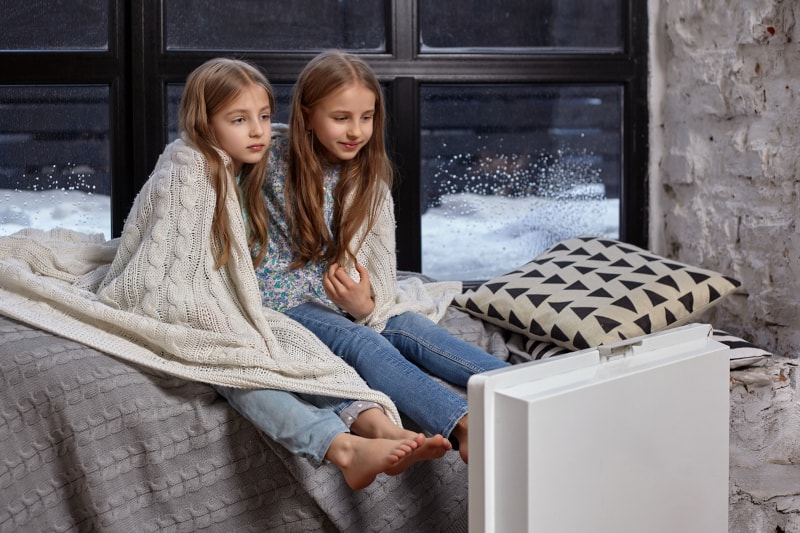The winter season requires a heating system that works properly to warm your home. However, your system may experience wear and tear, clogged filters, and carbon monoxide leaks, which may be dangerous. Here are some of the heating problems you should be aware of during the winter in Clinton, NC.
Clogged Filters
Filters are important, especially when dealing with heaters as they trap pollen, dust and other pollutants in the air. Due to constant use, the filters may experience blockage resulting in airflow restriction. Dirty filters prevent your system from optimal operation as it cannot maintain the ideal temperatures.
Cleaning and replacing the filters is an excellent way to ensure system efficiency and functionality. In the case of smokers, pet dander and aerosols, change the filters every month.
It’s simple to replace a dirty filter, and it can make a big difference in how your system functions. Mark the calendar to do it once a month to keep your heater and air conditioner from overworking.
Wear and Tear
Each of the components in your heating system has a service life, and when that expires, parts don’t work as well. Your system is likely to experience reduced efficiency as the performance of the various parts deteriorates. Contact a professional to conduct preventive maintenance and change worn-out parts to prevent a total breakdown.
Carbon Monoxide Leaks
Carbon monoxide, produced by combustion such as a furnace, is a gas that is odorless, colorless and tasteless, making it hard to detect in case of a leak. The danger posed by this gas may result in loss of consciousness or even death. It is essential to have mechanisms such as carbon monoxide detectors in place for early leak detection.
The carbon monoxide leaks may result from cracks or rust problems close to the furnace’s heat exchanger. It is important to have regular maintenance on furnaces to ensure there is not a carbon monoxide leak.
Inconsistent or Lack of Heating
When your electric heating system experiences inconsistent heating, you may have a broken heating element. In the case of a central furnace, failing to turn on the gas valve properly or lack of gas may result in no heating.
Grime and gunk buildup on your furnace’s pilot light may also lead to lack of heating. Check for any frost accumulation on the heat pump, as a refrigerant leak can cause a frozen coil and not allow your heat pump to produce heat for your home.
Heat Cycling
A heater that constantly turns on and off signifies heat cycling. This problem may result in high utility bills, which are not economical. Heat cycling may be the result of a broken thermostat or dirty blowers and filters.
Failure to take immediate action may result in system inefficiency and increased costs. Get in touch with a certified and experienced technician to check the unit, repair the thermostat or change the filters.
Faulty Thermostats
A faulty thermostat is a common heating problem. If your thermostat uses batteries, it may be time to change them. However, if your thermostat is hard-wired, you may need to update your thermostat.
Get the help of an expert in checking if any wirings are faulty, loose or disconnected. For those thermostats that are beyond repair, consider a new installation and calibration. An effective thermostat will enhance energy efficiency and control air temperature properly.
Conducting preventive maintenance during or before the winter is essential for your system’s optimal performance. System effectiveness eliminates high utility bills, irregular heating and the high cost of system repairs. In case you need heating maintenance, installations and repairs, contact us today at Cape Fear Air, Electric & Plumbing.
Image provided by iStock


